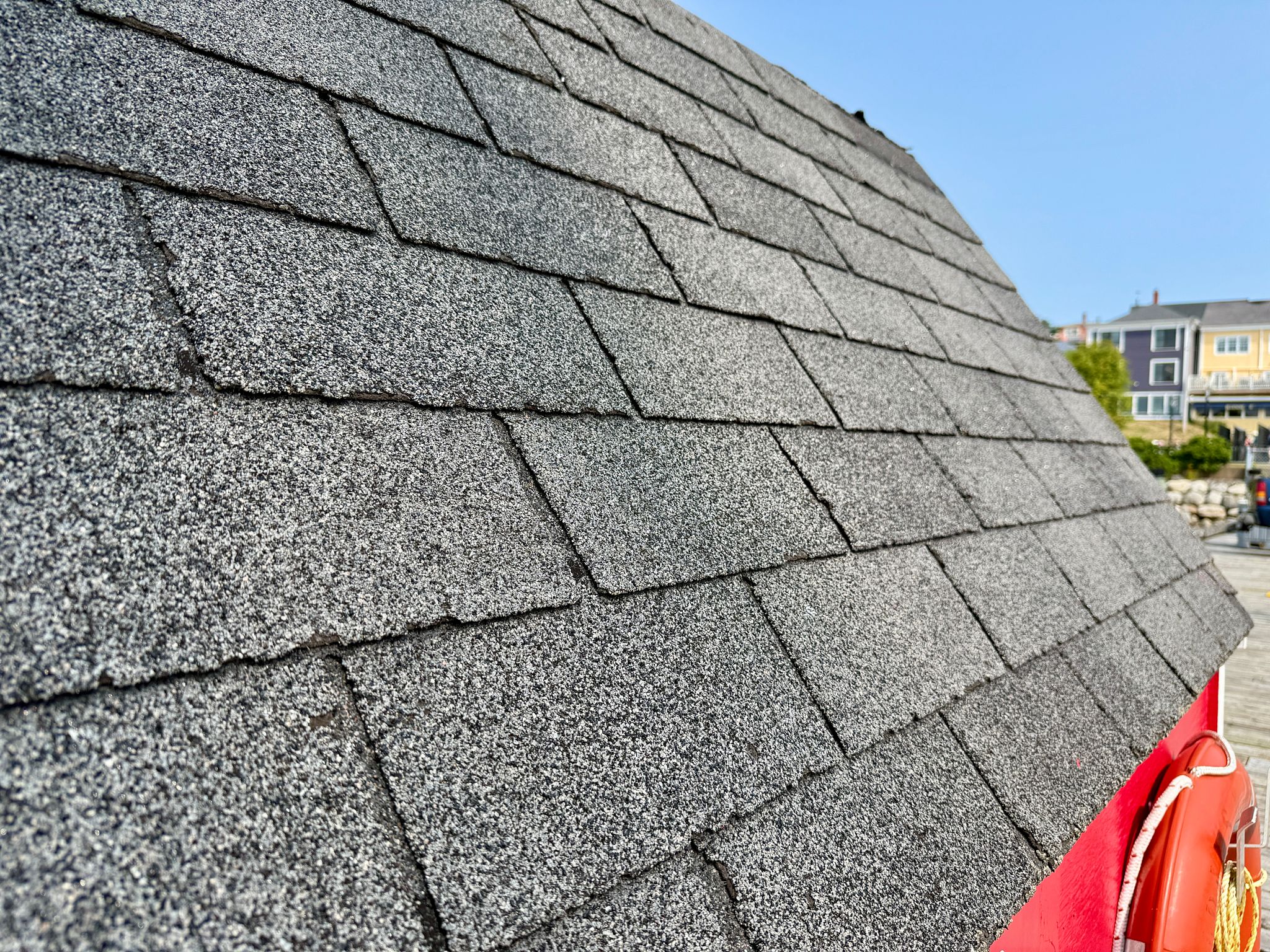Expert Advice: Common Mistakes to Avoid in Home Renovations
Planning and Budgeting
One of the most critical steps in any home renovation is proper planning and budgeting. Without a clear plan, the project can quickly become overwhelming, leading to costly errors. Start by setting a realistic budget that includes a buffer for unexpected expenses. It's essential to have a thorough understanding of the costs involved in your renovation, from materials to labor.
A common mistake is underestimating the budget. Many homeowners overlook hidden costs such as permits, waste removal, and additional labor. To avoid this, research thoroughly and consult with professionals to develop a comprehensive budget.

Skipping Professional Consultation
While DIY projects can be rewarding, some aspects of home renovation require professional expertise. Skipping professional consultation can lead to structural issues or safety hazards. For complex projects like electrical work or plumbing, it's advisable to hire certified professionals.
Consulting with architects or interior designers can also provide valuable insights that enhance the functionality and aesthetic of your space. They can help you make informed decisions and avoid costly mistakes.
Overlooking Permits and Regulations
Ignoring local building codes and regulations is another common mistake in home renovations. Permits are often required for structural changes, electrical work, and plumbing. Failing to obtain the necessary permits can result in fines and may complicate future property sales.

Before starting any renovation project, check with your local building authorities to understand what permits are needed. This step ensures that your renovation complies with legal requirements and avoids unnecessary complications.
Choosing Inadequate Materials
The choice of materials can significantly impact the longevity and appearance of your renovation. Selecting low-quality or inappropriate materials might save money initially but can lead to higher costs in the long run due to repairs or replacements.
Invest in durable materials that match the purpose and style of your renovation. For example, choose moisture-resistant materials for bathrooms and kitchens to prevent mold and water damage.

Underestimating Timeframes
Renovations often take longer than expected due to unforeseen challenges such as supply chain delays or unexpected structural issues. Underestimating the timeframe can lead to frustration and additional costs if temporary accommodations are needed.
To better manage your expectations, discuss realistic timelines with your contractors and build some flexibility into your schedule. This approach will help reduce stress and keep the project on track.
Lack of Communication
Effective communication with contractors, designers, and other stakeholders is vital for a successful renovation. Miscommunication can lead to errors, delays, and increased costs. Ensure that everyone involved understands your vision and goals clearly.

Regular check-ins and updates can help keep the project aligned with your expectations. Don't hesitate to ask questions or address concerns as they arise to prevent misunderstandings.
Neglecting Energy Efficiency
Incorporating energy-efficient solutions into your renovation can save money in the long run and increase property value. Many homeowners overlook this aspect, missing out on opportunities for cost savings and sustainability improvements.
Consider installing energy-efficient windows, appliances, and insulation. These upgrades not only contribute to a more sustainable home but also reduce utility bills over time.
Conclusion
Avoiding these common mistakes can make your home renovation experience more enjoyable and successful. With careful planning, professional consultation, attention to regulations, and wise material choices, you can achieve a renovation that enhances your home's value and functionality.
